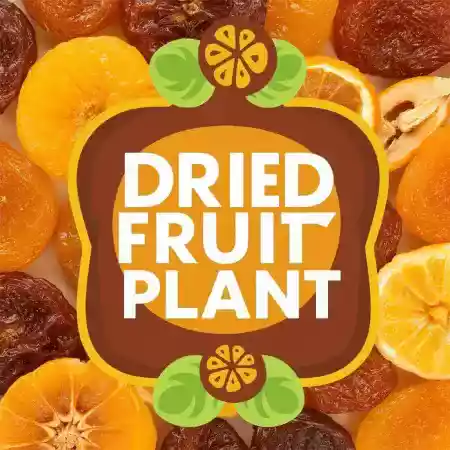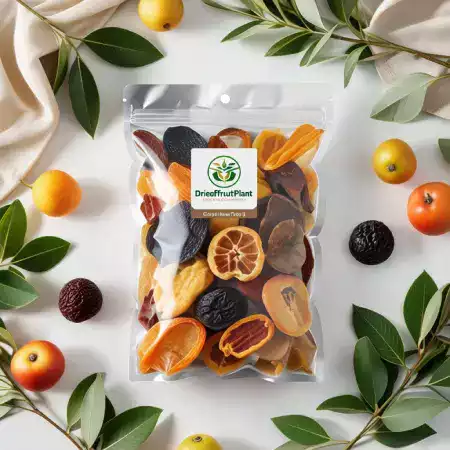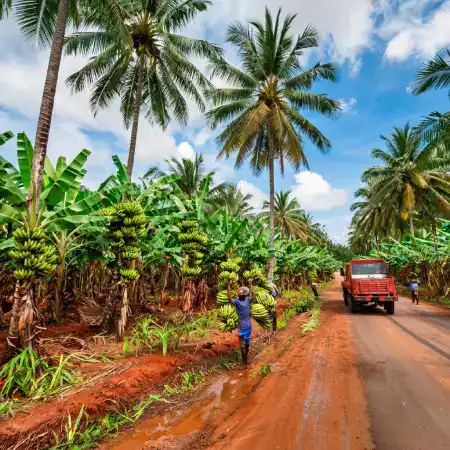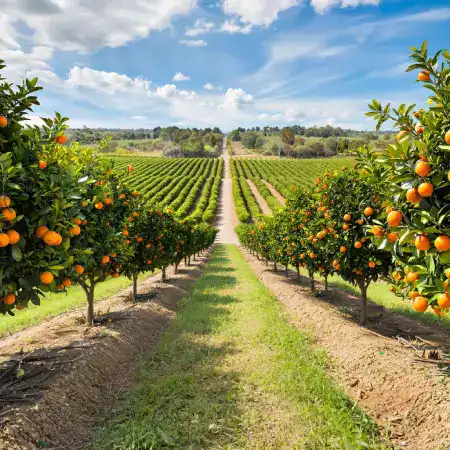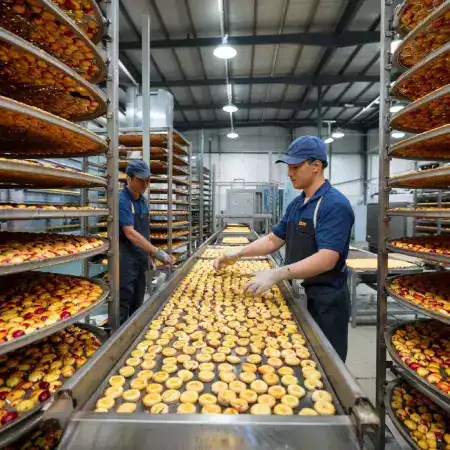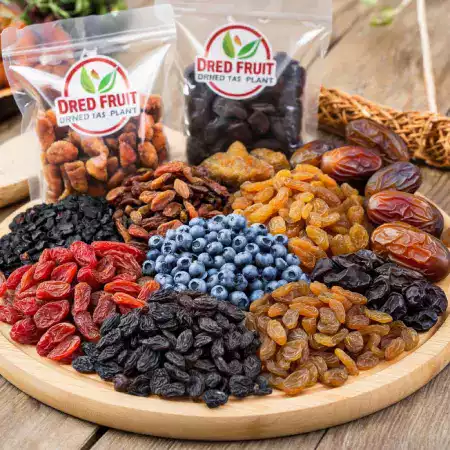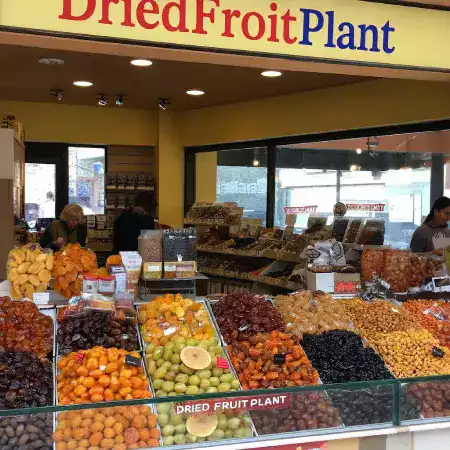Platform Drying Tour
A 90‑minute walk across our 200 m² drying platforms. You'll see how we turn fruits by hand, check moisture with meters, and cover batches during unexpected showers. Best between March and April when cashew and almond drying is at peak.
-
Duration: 90 minutes
-
Time: 9 AM start (cool mornings)
-
Group size: max 12 people
